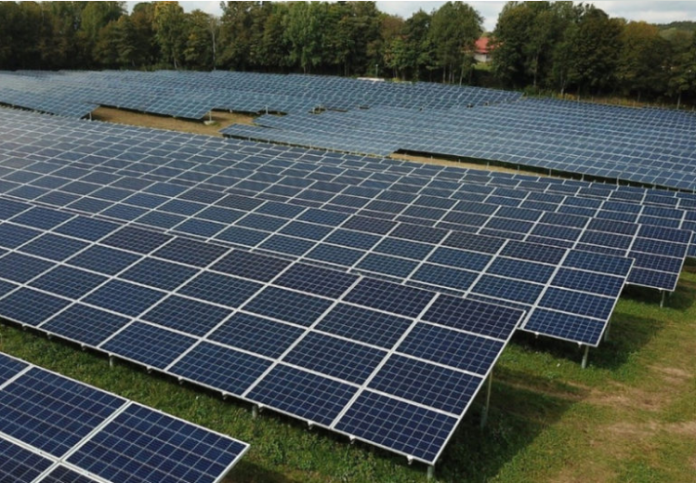Last week, U.S. Representative Mike Doyle (D-PA) was joined by Representatives David B. McKinley, P.E. (R-WV), Marc Veasey (D-TX), Debbie Dingell (D-MI), and Tim Ryan (D-OH) in introducing the bipartisan Battery Material Processing and Component Manufacturing Act, H.R. 4864, which aims to strengthen the domestic battery manufacturing industry by providing grants for the construction or retooling of facilities for processing battery materials or manufacturing of battery components.
“The U.S. needs strong domestic supply chains for our industries to be secure and to grow,” Congressman Doyle said. “This bipartisan legislation will ensure that the battery supply chain for electric vehicles as well as homes, businesses and grid storage is located here in America, providing good-paying jobs. This legislation will grow our economy, provide manufacturing jobs in communities that have lost them, help the U.S. remain a leader in innovation, and ensure that our auto industry has a reliable domestic supply chain. This is the type of investment we must make to remain competitive globally, and I am proud we have a great group of bipartisan leaders on this issue.”
With demand for batteries skyrocketing and continuing to rise as a result of the growth in electric vehicles as well as home and grid storage, developing a domestic supply chain for batteries is vitally important.
“For far too long the U.S. has relied on countries like China for supplies of critical minerals and rare earth elements,” said Representative McKinley. “This is a direct threat to our national security and energy security. This bipartisan legislation is an important step forward to ensuring a domestic supply of critical minerals that are critical to manufacturing battery and battery components.”
Today, the U.S. finds itself dependent on international competitors for battery minerals and technologies as China maintains a stranglehold on all stages of the battery supply chain, which is achieved with poor labor and environmental standards. This is not only an economic security issue; it is a national security issue. By investing in a robust battery supply chain, the U.S. can create jobs, reduce emissions, enhance our economic and national security, and provide innovative leadership in battery markets both at home and abroad.
To capitalize on these opportunities, The Battery Material Processing and Component Manufacturing Act of 2021 will inject much needed funding, in the form of cost-shared grants, into the midstream sectors of the battery supply chain. The bill would provide $10 billion for building a domestic battery supply chain. Funding for the grants is split between $3.5 billion for materials processing and $6.5 billion for component manufacturing and recycling.
Grants would fund demonstration and commercial-scale facilities as well as the retooling, retrofitting or expansion of existing facilities that process battery materials such as lithium and graphite, manufacture battery components such as anodes and cathodes, or recycle battery materials for reuse. Additionally, the grants will be prioritized for projects that provide workforce opportunity to those in low income communities.
Not only would this legislation improve our national security, but it would also make the U.S. more competitive in the global marketplace, and help spur significant economic growth through the creation of new advanced manufacturing jobs.






